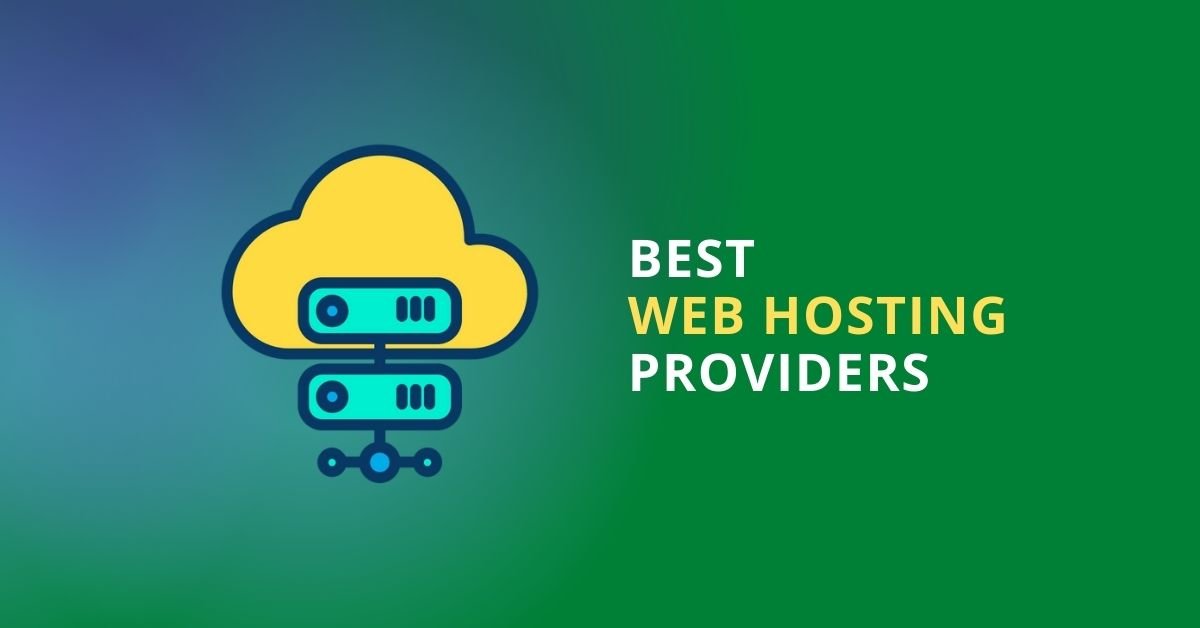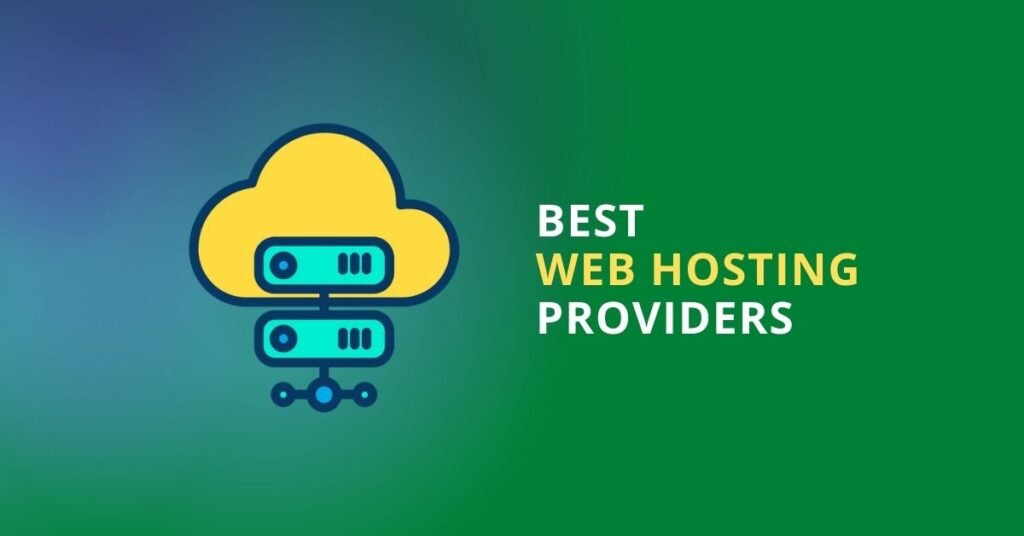Web hosting itself is very secure. Providing users with a functional and safe hosting environment is one of the main tasks of a web host. However, web hosts use different software and tools to provide other services, and some of these tools may contain exploitable vulnerabilities. Shared hosting plans also pose a higher risk of malware and attacks than managed hosting plans, as resources and server space are shared with other websites.
Does your choice of web host affect the security and performance of your website?

Yes, your web host determines the level of security and performance of your website. Additionally, a web host’s practices and processes can make a big difference during a crisis such as a hack. So it’s essential to choose your web host carefully. Look for credentials like suitability and certifications and see how they’ve handled hacks in the past.
Shared Hosting is not a bad option. However, shared hosting involves sharing server space and resources. It allows potential hacks to spread to websites on the same server.
Protect Your Website Against Intruders and Unauthorized Access You can protect your website on a shared hosting plan by using a security solution such as MalCare.
How Does Host Security Affect Web Server Security?
If your web host does not follow proper security processes, it can affect your website’s security and speed. Finding a good web host that adheres to compliance, regularly manages server security, and ensures security measures when using third-party apps and software is critical.
How does a web host affect website security?
There are many different types of hosting services for website owners. Two of the most popular are shared hosting services and managed hosting services. Shared hosting plans are cheaper because they share server space with other websites. On the other hand, managed hosting offers a personalized service where dedicated servers are rented.
Firewall Protection
Website firewalls are one of the primary security measures. You don’t have a firewall on your site unless you invest in one. However, managed hosting providers often offer network-level firewalls to their customers. These network firewalls are security measures that filter all incoming requests to your website so that no one can gain unauthorized access to her website.
It is an advantage of managed hosting, but if you’re on a shared hosting plan, you can invest in a strong firewall. An intelligent firewall like MalCare protects your website from attacks and malicious requests.
Malware Scanning
Some web hosts offer malware scanning for their managed hosting plans, but the efficiency and accuracy of the scans vary from web host to web host. Not all web hosts can identify complex malware hidden on their websites. You should invest in intelligent and efficient security solutions like MalCare.
MalCare has an intelligent core that constantly analyzes and learns from your website to identify even the most complex malware on your website. Investing in a security solution like this provides the overall security of your website.
Accessing Core Files
Some web hosts lock down the WordPress core to prevent anyone from tampering with the site. But it also means you can’t make changes to your website. While this is a means of improving website security, it makes website administration impractical.
Backup Options
Backups benefit the security of your website. In the event of a severe hack that cannot be salvaged, you cannot afford to lose all your data—Itis where backups come into play. You can recover your website even in the worst case by making frequent and regular backups. Specific web hosts offer backup services, but the backups will also be affected if the web host server is attacked. Backups are best stored on an external server.
What can you do?
While this may seem out of your control, you can take steps to improve your website’s security and prevent your web host from becoming a source of security concerns. The first step was to understand how web hosts compromise security. Now you can understand how web hosts protect their infrastructure.
Web hosts are primarily responsible for infrastructure, processes, and customer security. To achieve this, web hosts have a standardized set of security practices to minimize mistakes. These practices are not published for security purposes. However, certifications and conformance ensure specific security standards within web hosts such as B. ISO 270001, SOC 2, or PCI-DSS.
These certifications are issued by external, impartial bodies demonstrating that a company adheres to specific security standards. The certificate shows a certain level of credibility, as we cannot be involved in every process a web host follows.
READ MORE: how does web hosting work
So how do you keep your website as secure as possible?
Choose your web host wisely.
When choosing a web host, research and avoid the cheapest hosting. Look for security compliances or certifications that your web host is certified.
However, most web hosts are not certified. In that case, you can do your research on that web host.
Look at customer reviews, your security history, and how you’ve handled previous security incidents before making a decision. Reliable service providers are typically transparent about their activities and intervene early to contain attacks and hacks.
Investing in Strong Security Solutions.
Whatever the source of an attack, it’s best to be prepared. Investing in a good security solution like MalCare gives you a firewall, timely alerts, regular scans, automatic cleanup, and security protection against future attacks.
Protect Your Website – On Another Server
Many websites lose their data due to hacking or attack. You should back up your website to an external server for this possibility.
A web host is a crucial factor in keeping your website secure, not the way it’s commonly believed. It is essential to pay attention to hosting providers, their practices, hosting plans, and other requirements. Making these decisions will not only give you peace of mind but will also improve the security of your website.



